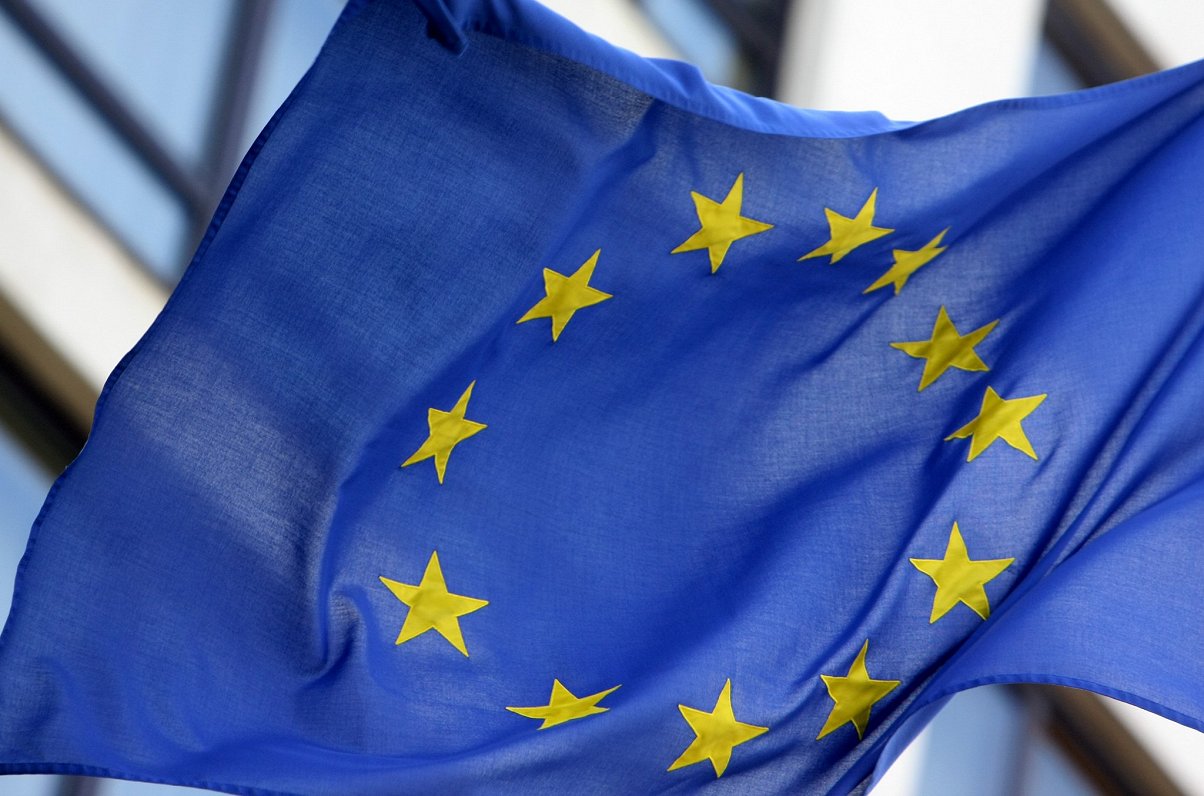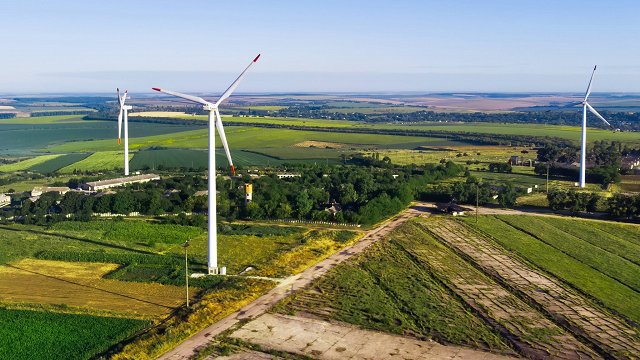Latvia’s accession to the EU represented a significant milestone in the history of the country and acted as a major stimulus not only for the development of national economy but also for bringing stability and security to Latvia, and helping restore it as a modern and developed country.
The EU is the world’s largest trading bloc, and EU citizens have the right to study and work in any of its Member States.
The integration of Latvia within the EU spanned almost a decade.
On 13 October 1995, President of Latvia, Guntis Ulmanis, and Prime Minister, Māris Gailis, signed Latvia’s official application for membership of the EU.
In 1996, a National Programme for Latvia’s Integration into the EU was approved, the European Integration Council was established, and a Delegation of the European Commission began its work in Latvia.
In 1997, a Mission of Latvia to the EU was established in Brussels. A non-governmental organisation, European Movement – Latvia, began its activities in the country.
At the Helsinki Summit in December 1999, the European Council decided to begin accession negotiations with Latvia. The decision was based on the European Commission’s Progress Reports on Latvia.
On 16 April 2002, in Athens, President of Latvia, Vaira Vīķe-Freiberga, Prime Minister, Einars Repše, Minister of Foreign Affairs, Sandra Kalniete, and Chief Negotiator, Andris Ķesteris, signed the Treaty of Accession to the European Union on behalf of Latvia.
On 20 September 2003, a referendum was held on Latvia’s membership in the European Union. 66.97% of Latvian citizens voted in favour, 32.26% – against, and on 1 May 2004, Latvia became a Member State of the European Union.
In December 2007, Latvia joined the Schengen Agreement, which envisages the abolition of border controls at internal land borders and ports for Member State citizens. Border controls at the land and sea borders were abolished as from 21 December 2007, and in airports, as from 30 March 2008.
On 1 January 2014, Latvia joined the euro area, replacing its national currency, the lats, by the single European currency, the euro, and in the process becoming the 18th member of the eurozone.



























